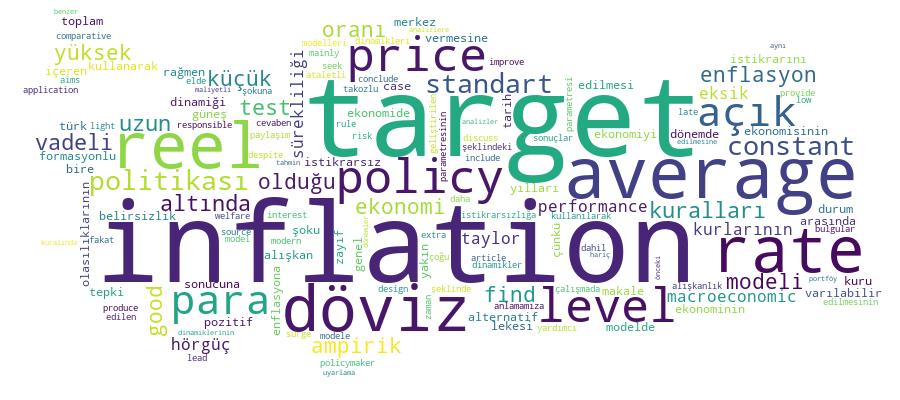Yılmaz, Yusuf Ömür
Loading...

Profile URL
Name Variants
Yilmaz, Yusuf Omur
Job Title
Dr. Öğr. Üyesi
Email Address
Main Affiliation
Department of Economics / İktisat Bölümü
Status
Current Staff
Website
ORCID ID
Scopus Author ID
Turkish CoHE Profile ID
Google Scholar ID
WoS Researcher ID
Sustainable Development Goals
17
PARTNERSHIPS FOR THE GOALS

3
Research Products

This researcher does not have a Scopus ID.

This researcher does not have a WoS ID.

Scholarly Output
5
Articles
5
Views / Downloads
12/0
Supervised MSc Theses
0
Supervised PhD Theses
0
WoS Citation Count
1
Scopus Citation Count
1
WoS h-index
1
Scopus h-index
1
Patents
0
Projects
0
WoS Citations per Publication
0.20
Scopus Citations per Publication
0.20
Open Access Source
2
Supervised Theses
0
Google Analytics Visitor Traffic
| Journal | Count |
|---|---|
| Applied Economics | 2 |
| Bogazici Journal: Review of Social, Economic and Administrative Studies | 2 |
| Economic Analysis and Policy | 1 |
Current Page: 1 / 1
Competency Cloud


